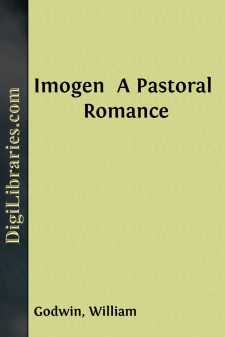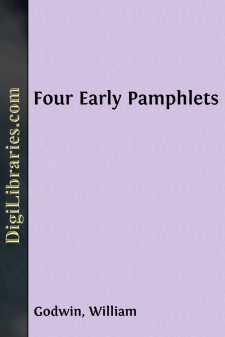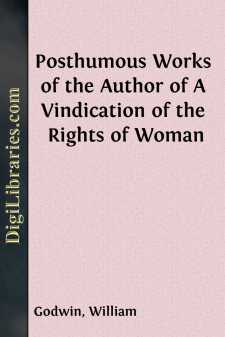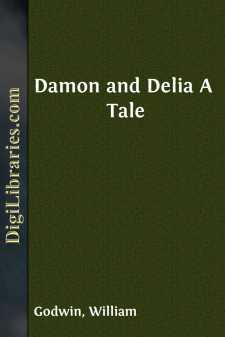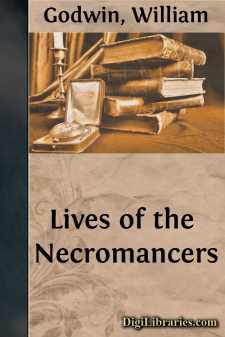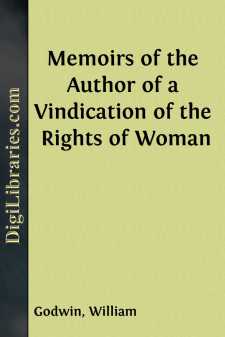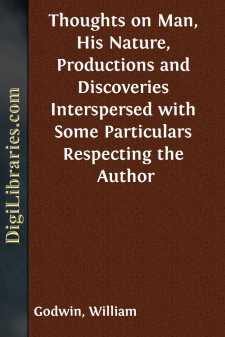Categories
- Antiques & Collectibles 13
- Architecture 36
- Art 48
- Bibles 22
- Biography & Autobiography 813
- Body, Mind & Spirit 142
- Business & Economics 28
- Children's Books 17
- Children's Fiction 14
- Computers 4
- Cooking 94
- Crafts & Hobbies 4
- Drama 346
- Education 46
- Family & Relationships 57
- Fiction 11829
- Games 19
- Gardening 17
- Health & Fitness 34
- History 1377
- House & Home 1
- Humor 147
- Juvenile Fiction 1873
- Juvenile Nonfiction 202
- Language Arts & Disciplines 88
- Law 16
- Literary Collections 686
- Literary Criticism 179
- Mathematics 13
- Medical 41
- Music 40
- Nature 179
- Non-Classifiable 1768
- Performing Arts 7
- Periodicals 1453
- Philosophy 64
- Photography 2
- Poetry 896
- Political Science 203
- Psychology 42
- Reference 154
- Religion 513
- Science 126
- Self-Help 84
- Social Science 81
- Sports & Recreation 34
- Study Aids 3
- Technology & Engineering 59
- Transportation 23
- Travel 463
- True Crime 29
Imogen A Pastoral Romance
by: William Godwin
Description:
Excerpt
The following performance, as the title imports, was originally composed in the Welch language. Its style is elegant and pure. And if the translator has not, as many of his brethren have done, suffered the spirit of the original totally to evaporate, he apprehends it will be found to contain much novelty of conception, much classical taste, and great spirit and beauty in the execution. It appears under the name of Cadwallo, an ancient bard, who probably lived at least one hundred years before the commencement of our common era. The manners of the primitive times seem to be perfectly understood by the author, and are described with the air of a man who was in the utmost degree familiar with them. It is impossible to discover in any part of it the slightest trace of Christianity. And we believe it will not be disputed, that in a country so pious as that of Wales, it would have been next to impossible for the poet, though ever so much upon his guard, to avoid all allusion to the system of revelation. On the contrary, every thing is Pagan, and in perfect conformity with the theology we are taught to believe prevailed at that time.
These reasons had induced us to admit, for a long time, that it was perfectly genuine, and justly ascribed to the amiable Druid. With respect to the difficulty in regard to the preservation of so long a work for many centuries by the mere force of memory, the translator, together with the rest of the world, had already got over that objection in the case of the celebrated Poems of Ossian. And if he be not blinded by that partiality, which the midwife is apt to conceive for the productions, that she is the instrument of bringing into the world, the Pastoral Romance contains as much originality, as much poetical beauty, and is as happily calculated to make a deep impression upon the memory, as either Fingal, or Temora.
The first thing that led us to doubt its authenticity, was the striking resemblance that appears between the plan of the work, and Milton's celebrated Masque at Ludlow Castle. We do not mean however to hold forth this circumstance as decisive in its condemnation. The pretensions of Cadwallo, or whoever was the author of the performance, are very high to originality. If the date of the Romance be previous to that of Comus, it may be truly said of the author, that he soared above all imitation, and derived his merits from the inexhaustible source of his own invention. But Milton, it is well known, proposed some classical model to himself in all his productions. The Paradise Lost is almost in every page an imitation of Virgil, or Homer. The Lycidas treads closely in the steps of the Daphnis and Gallus of Virgil. The Sampson Agonistes is formed upon the model of Sophocles. Even the little pieces, L'Allegro and Il Penseroso have their source in a song of Fletcher, and two beautiful little ballads that are ascribed to Shakespeare. But the classical model upon which Comus was formed has not yet been discovered. It is infinitely unlike the Pastoral Comedies both of Italy and England. And if we could allow ourselves in that licence of conjecture, which is become almost inseparable from the character of an editor, we should say: That Milton having written it upon the borders of Wales, might have had easy recourse to the manuscript whose contents are now first given to the public: And that the singularity of preserving the name of the place where it was first performed in the title of his poem, was intended for an ingenuous and well-bred acknowledgement of the source from whence he drew his choicest materials.
But notwithstanding the plausibility of these conjectures, we are now inclined to give up our original opinion, and to ascribe the performance to a gentleman of Wales, who lived so late as the reign of king William the third. The name of this amiable person was Rice ap Thomas. The romance was certainly at one time in his custody, and was handed down as a valuable legacy to his descendants, among whom the present translator has the honour to rank himself. Rice ap Thomas, Esquire, was a man of a most sweet and inoffensive disposition, beloved and respected by all his neighbours and tenants, and "passing rich with 'sixty' pounds a year." In his domestic he was elegant, hospitable, and even sumptuous, for the time and country in which he lived....


